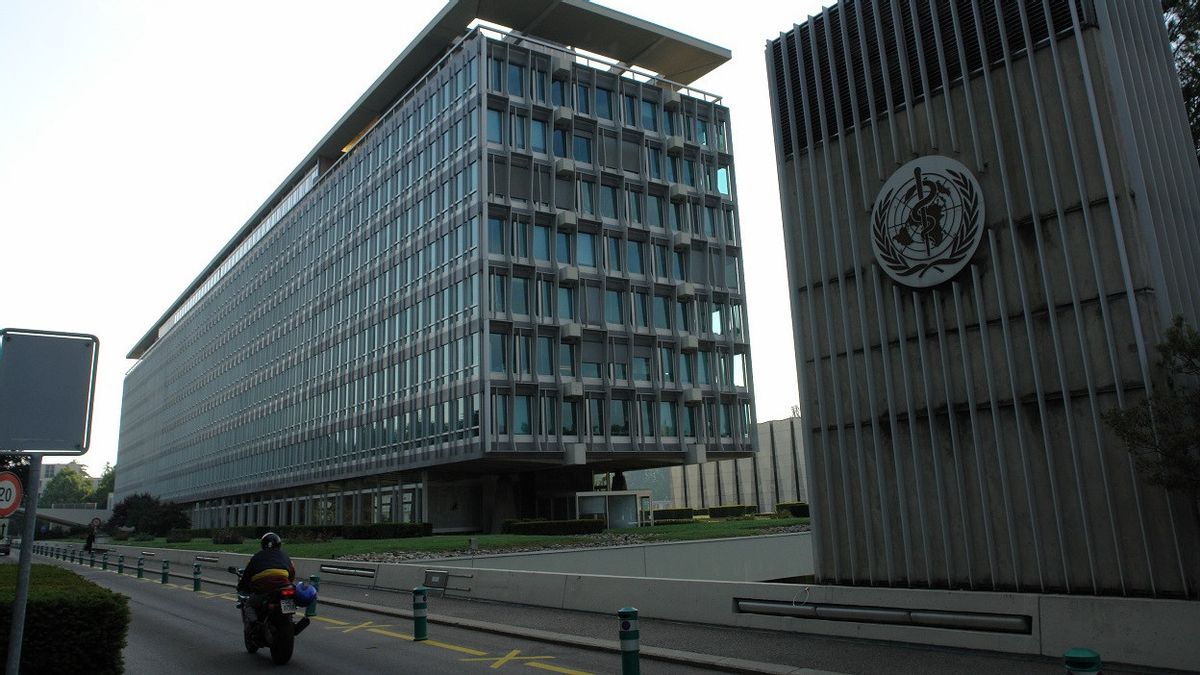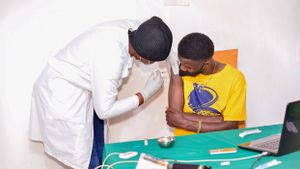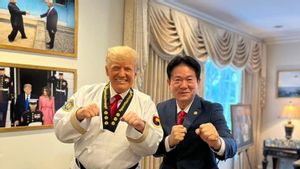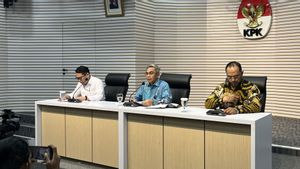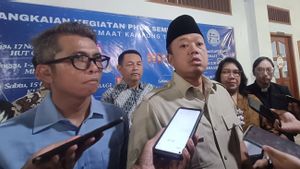JAKARTA - World Health Organization (WHO) member states have reached a tentative consensus to negotiate a future agreement on pandemic prevention, bridging the gap between parties led by the European Union and the United States, diplomats said on Sunday.
The draft resolution, which was agreed in negotiations over the weekend, will be presented for adoption by health ministers at the WHO's three-day special session which opens on Monday, they said.
The diplomatic breakthrough comes amid growing international concern over the Omicron variant of the coronavirus, first detected in South Africa this month, that has spread further around the world.
A global agreement to strengthen pandemic prevention and response, which is expected to be ready by May 2024, will cover issues such as data sharing and genome sequencing of emerging viruses, including vaccines and any potential drugs derived from research.
"This decision, to set up a negotiating body on a future pandemic deal, may only be the end of the world, but the flexibility is shown and the breadth of support is a good sign for the vital efforts to come," said Simon Manley, Britain's ambassador to the United Nations. Nations in Geneva, said in a statement, citing Reuters, November 29.
The UK, along with the European Union and some 70 other countries, have pushed for legally binding agreements. Meanwhile, the United States, backed by countries including Brazil and India, is reluctant to commit to a binding agreement, diplomats said last week.
"There is agreement on the text which we find very satisfying. It also gives America a way out, which is clearly joining," explained one European diplomat.
Another diplomat said: "This is a good result. There is enormous goodwill to get a common language.". The draft resolution was posted on the WHO website.
SEE ALSO:
To note, more than 260.77 million people have been reported to have been infected by the coronavirus and 5.45 million have died since SARS-CoV-2 emerged in China in December 2019.
Meanwhile, the WHO said China had yet to share some initial data that might help identify the origin of the virus.
The English, Chinese, Japanese, Arabic, and French versions are automatically generated by the AI. So there may still be inaccuracies in translating, please always see Indonesian as our main language. (system supported by DigitalSiber.id)
